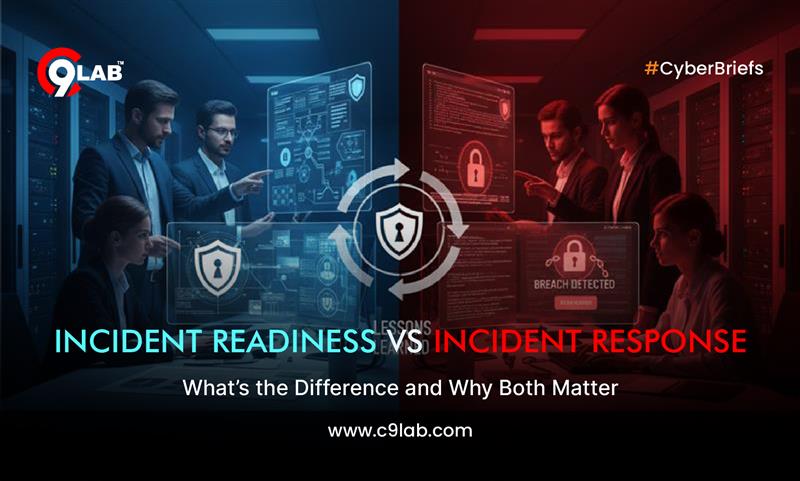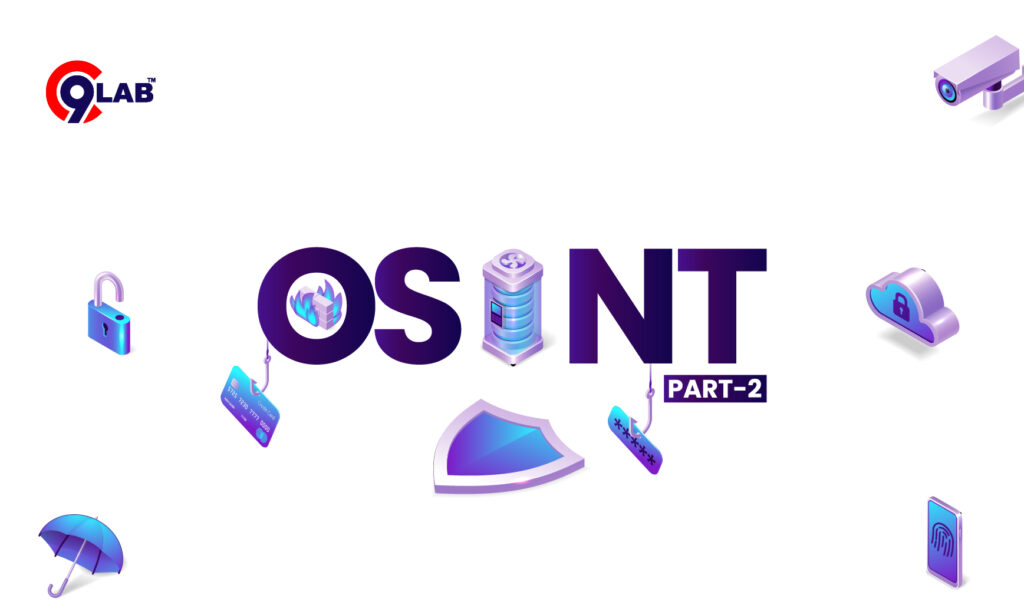In today’s digital-first economy, data is no longer just numbers on a server — it’s the lifeblood of businesses. Customer trust, brand reputation, and even operational continuity now hinge on how securely organizations handle personal information. Recognizing this, India has taken a major step forward with its new data protection laws, designed to safeguard citizens’ privacy while shaping a more responsible digital ecosystem.
But what do these laws mean for your business? Whether you’re a startup, a growing enterprise, or an established brand, compliance isn’t optional anymore — it’s critical. Let’s break it down in simple terms.
A Quick Overview of India’s New Data Protection Laws
India’s Digital Personal Data Protection Act (DPDPA 2023) sets the stage for how companies can collect, process, and store personal data. At its heart, the law is built around three principles:
- Transparency – Individuals must know how their data is being used.
- Consent – Businesses need explicit approval before collecting or processing data.
- Accountability – Organizations must take responsibility for protecting the data they hold.
Think of it as India’s answer to Europe’s GDPR — not a carbon copy, but a regulation tailored to India’s digital landscape.
What Does It Mean for Businesses?
1. Consent is King
Gone are the days of long, confusing consent forms buried in fine print. The new law requires clear and explicit consent. Businesses must ensure customers understand what data they’re sharing and why.
Tip: Simplify your consent forms. Short, simple language builds trust and keeps you compliant.
2. Data Minimization
Collecting every possible detail “just in case” is no longer acceptable. Businesses can only collect what’s truly necessary for their services.
Tip: Audit the data you’re storing — if it doesn’t serve a purpose, you probably shouldn’t have it.
3. Stronger Accountability
If there’s a data breach, businesses can’t shrug it off anymore. Organizations are required to implement robust safeguards and report breaches promptly.
Tip: Strengthen your breach response systems. Tools like BRS (Breach Response System) can reduce downtime and help meet compliance standards.
4. Rights of Individuals
Customers now have the right to access, correct, and even delete their personal data. This shifts the power dynamic, putting individuals in control.
Tip: Set up simple processes for customers to exercise their rights. Transparency builds loyalty.
5. Penalties for Non-Compliance
This is where it gets serious. Fines for violating the law can be substantial, running into hundreds of crores depending on the severity.
Tip: Treat compliance as an investment, not a cost. The financial and reputational risks of non-compliance are far greater.
Why This Law is a Game-Changer
For Indian businesses, this law isn’t just about compliance. It’s about earning trust in an era where consumers are increasingly conscious of their privacy. Companies that take data protection seriously will not only stay compliant but also stand out as responsible brands.
And let’s be honest — in a marketplace crowded with choices, trust is the real differentiator.
By :- Balveer Narwariya

















